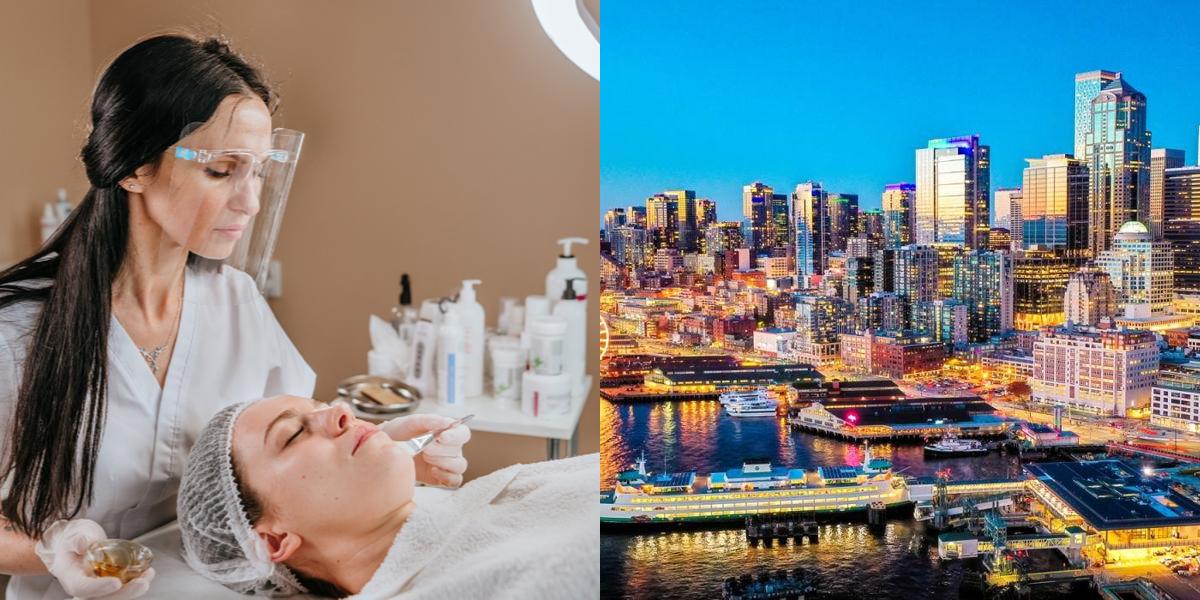How to Become an Esthetician in Washington

Want to turn your passion for skincare into a career? Becoming a licensed esthetician in Washington is a rewarding path that offers flexibility, creativity, and job stability. This guide covers everything you need—from education and licensing to job opportunities and salaries.
Getting Hired as a Licensed Esthetician
After certification, here’s how to land your first esthetician job:
Build a Standout Resume
Include your training, skills (e.g., facials, waxing), and certifications.
Create a Portfolio
Show before-and-after photos of treatments, makeup applications, and skincare routines.
Network & Apply
- Join beauty associations
- Attend industry events
- Apply to local spas, salons, or dermatology clinics
- Use Dreambound’s job-matching tools (coming soon)
Keep Learning
Take advanced courses (e.g., chemical peels, dermaplaning) to increase your job potential.
## Career Paths After Becoming an Esthetician
You’re not limited to spa work—here are specialized esthetician career options:
- Spa/Skin Clinic Esthetician: The most common entry-level path.
- Medical Esthetician: Work with dermatologists or plastic surgeons.
- Makeup Artist: Specialize in bridal, editorial, or special effects.
- Beauty Influencer or Educator: Build a following or teach at esthetics schools.
- Product Specialist or Brand Rep: Work with skincare companies on formulation or sales.
- Self-employed Esthetician: Open your own studio or skincare line.
Estimated Salary for Estheticians in Washington
- Entry-level: $35,000–$45,000/year
- Experienced or Medical Esthetician: $50,000–$70,000+/year
- Self-employed: Can exceed $100,000 with a strong client base
Final Thoughts
The skincare industry is booming—and Washington is a great place to start your esthetics career. With just a few months of training, you can begin a flexible, creative profession helping others feel confident in their skin.
If you're thinking of a new career path, Dreambound offers in-depth guides to understand various job choices:

Joanna Paragas is part of the Growth team at Dreambound. Her primary role involves creating various automation to streamline workflows and make tasks more efficient for the entire team. Beyond her professional endeavors, Joanna enjoys spending her free time playing with her dogs and enhancing her knowledge by enrolling in online courses.



